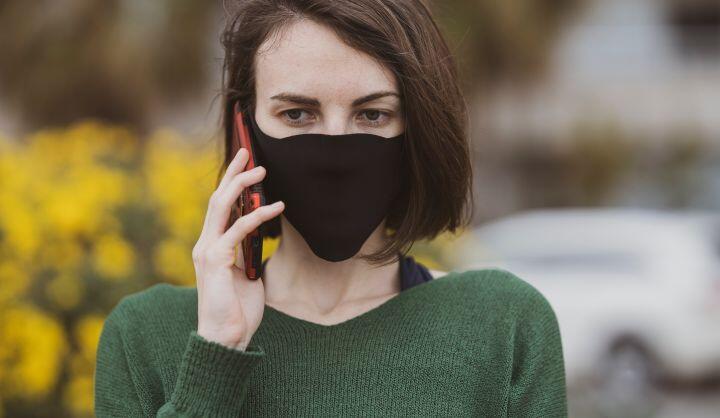- May 7, 2020
- COVID-19
Since its inception in 1996, when it was the police non-emergency line in Baltimore, the 311 phone line has gone through many iterations. From the early 2000s, cities have used 311 to connect constituents to many different government departments, services, and information. Now, during the novel-coronavirus pandemic, cities are adapting 311 lines to address a variety of concerns related to the virus.
New York City
 New York City is one of the hardest-hit locations in the US. As of May 7, 2020 there were 174,709 confirmed COVID-19 cases in NYC; the complete total is likely much higher, as tests are not being administered to those with mild or moderate symptoms. However, the city is trying to increase testing and recently opened more testing sites in the hardest-hit communities. Residents can call 311 for help finding testing sites, plus concerns related to the virus like inability to pay rent or food shortages — all in addition to the usual 311 calls. In order to meet the increased call demand, which has more than tripled since the outbreak began, the city is hiring over one hundred new call center workers.
New York City is one of the hardest-hit locations in the US. As of May 7, 2020 there were 174,709 confirmed COVID-19 cases in NYC; the complete total is likely much higher, as tests are not being administered to those with mild or moderate symptoms. However, the city is trying to increase testing and recently opened more testing sites in the hardest-hit communities. Residents can call 311 for help finding testing sites, plus concerns related to the virus like inability to pay rent or food shortages — all in addition to the usual 311 calls. In order to meet the increased call demand, which has more than tripled since the outbreak began, the city is hiring over one hundred new call center workers.
Charlotte, NC
 The city of Charlotte shares many resources with surrounding Mecklenburg County; one of those combined services is the “CharMeck 311” line. County residents have been under a stay-at-home order since late March, which is being enforced by the Charlotte-Mecklenburg Police Department. According to the Charlotte Observer, officers aren’t going to follow people around when they’re outside or set up checkpoints, but will instead be relying on the communities to report violations. Constituents are encouraged to use the CharMeck 311 “if they see people who aren’t abiding by the stay-at-home proclamation.” Residents can also use 311 to support workers by reporting non-essential businesses that are violating the order and requiring employees to show up, despite the stay-at-home requirements.
The city of Charlotte shares many resources with surrounding Mecklenburg County; one of those combined services is the “CharMeck 311” line. County residents have been under a stay-at-home order since late March, which is being enforced by the Charlotte-Mecklenburg Police Department. According to the Charlotte Observer, officers aren’t going to follow people around when they’re outside or set up checkpoints, but will instead be relying on the communities to report violations. Constituents are encouraged to use the CharMeck 311 “if they see people who aren’t abiding by the stay-at-home proclamation.” Residents can also use 311 to support workers by reporting non-essential businesses that are violating the order and requiring employees to show up, despite the stay-at-home requirements.
Somerville, MA
Digital governance has taken on increased importance during this crisis; now, more than ever, constituents need to be connected with public services but are unable to seek out assistance in person. The above adaptations and expansions of 311 systems are examples of responsive governments that are rising to the challenge of providing excellent services through technology.


 Many people are looking for reliable information during the pandemic, and
Many people are looking for reliable information during the pandemic, and 


